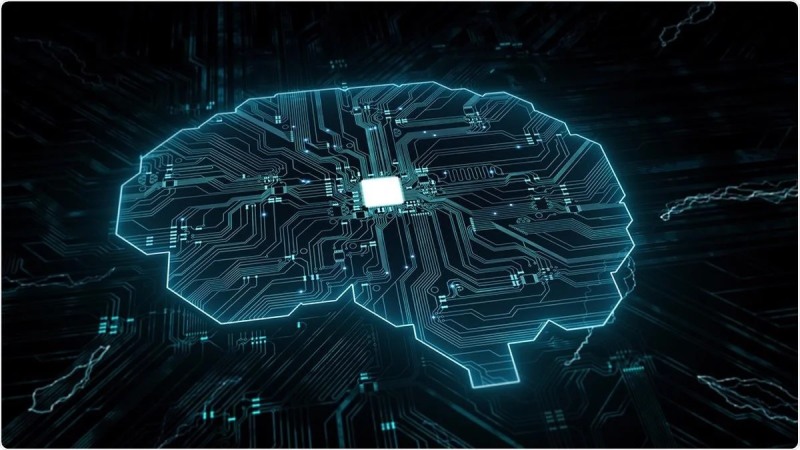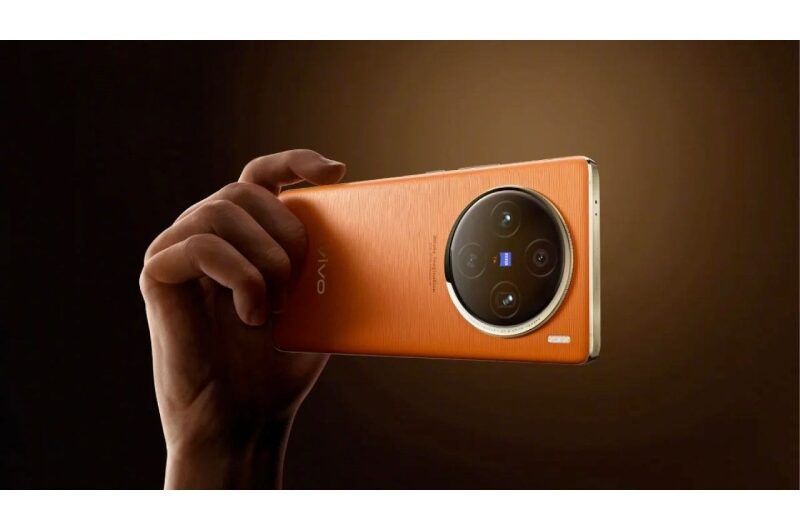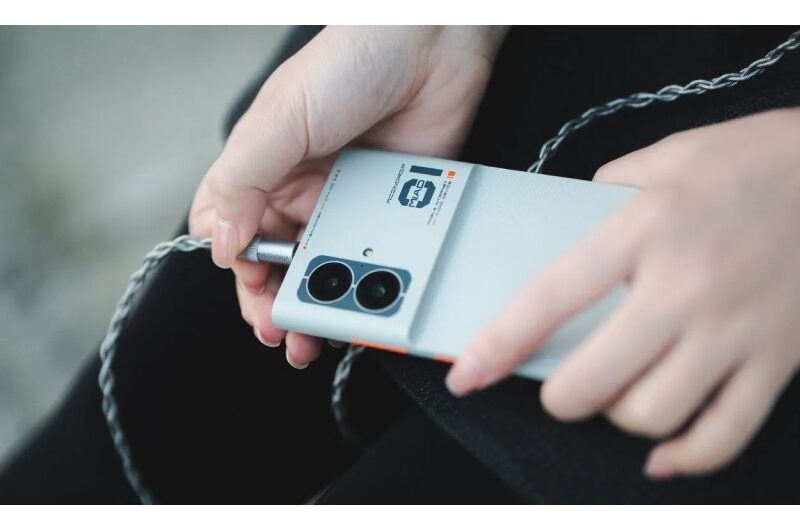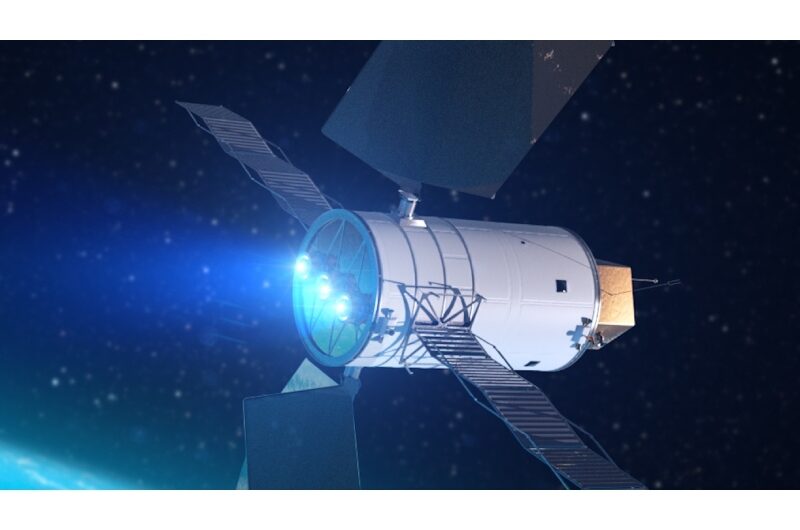Brainoware, a biochip with a nanoscale “brain organoid” cultured in a Petri dish from human stem cells, has been presented by researchers. This state-of-the-art technology has the ability to completely transform artificial intelligence by offering highly capable intelligent systems for a fraction of the energy expenses of current technologies. The biocomputer, known as Brainoware, has won accolades for its exceptional voice recognition abilities and ability to make intricate mathematical forecasts.
The typical power usage of the human brain is only 12 watts, while that of a desktop computer is 175 watts, in contrast to standard neural network data centers. Advanced artificial intelligence systems, on the other hand, can use millions of watts. Acknowledging this efficiency, researchers foresee creating cyborg “biocomputers” that offer unmatched processing capability at a substantial energy savings.
The creators of Brainoware are hopeful that human brain organoid chips will form the basis of neural network technology, providing quicker, less expensive, and less energy-intensive substitutes for current solutions. But there are still major ethical and practical issues to be resolved.
The study by the Indiana University research team shows how to successfully integrate a silicon chip with a brain organoid, and it was published in Nature Electronics. Brainoware was trained to recognize speech patterns and carry out complex mathematical operations with accuracy. Brainoware is a living reservoir that adapts to its environment and can respond to electrical signals in a nonlinear way while still having a basic memory. The silicon-organic chip’s lab-grown brain cells efficiently receive and send electrical signals, serving as information transmitters.
The researchers fed Brainoware 240 audio clips of adult male Japanese speakers, converted them into electrical signals, then sent the signals to the organoid chip in order to evaluate Brainoware’s performance. Amazingly, in just two days, the Brainoware-powered neural network system was able to distinguish between eight speakers with a 78 percent accuracy rate by using just one vowel sound.
The researchers looked further into Brainoware’s mathematical abilities as they continued their inquiry. Following a short training phase, the biocomputer was able to accurately anticipate a Hénon map, which is a complicated illustration of a dynamical system characterized by chaotic activity. This astounding accomplishment reveals Brainoware’s computing power, which goes well beyond basic math.
Topics #AI #Artificial Intelligence #Biochip #Brainoware #Neural Network #New AI #New Artificial Intelligence #news #scientists










